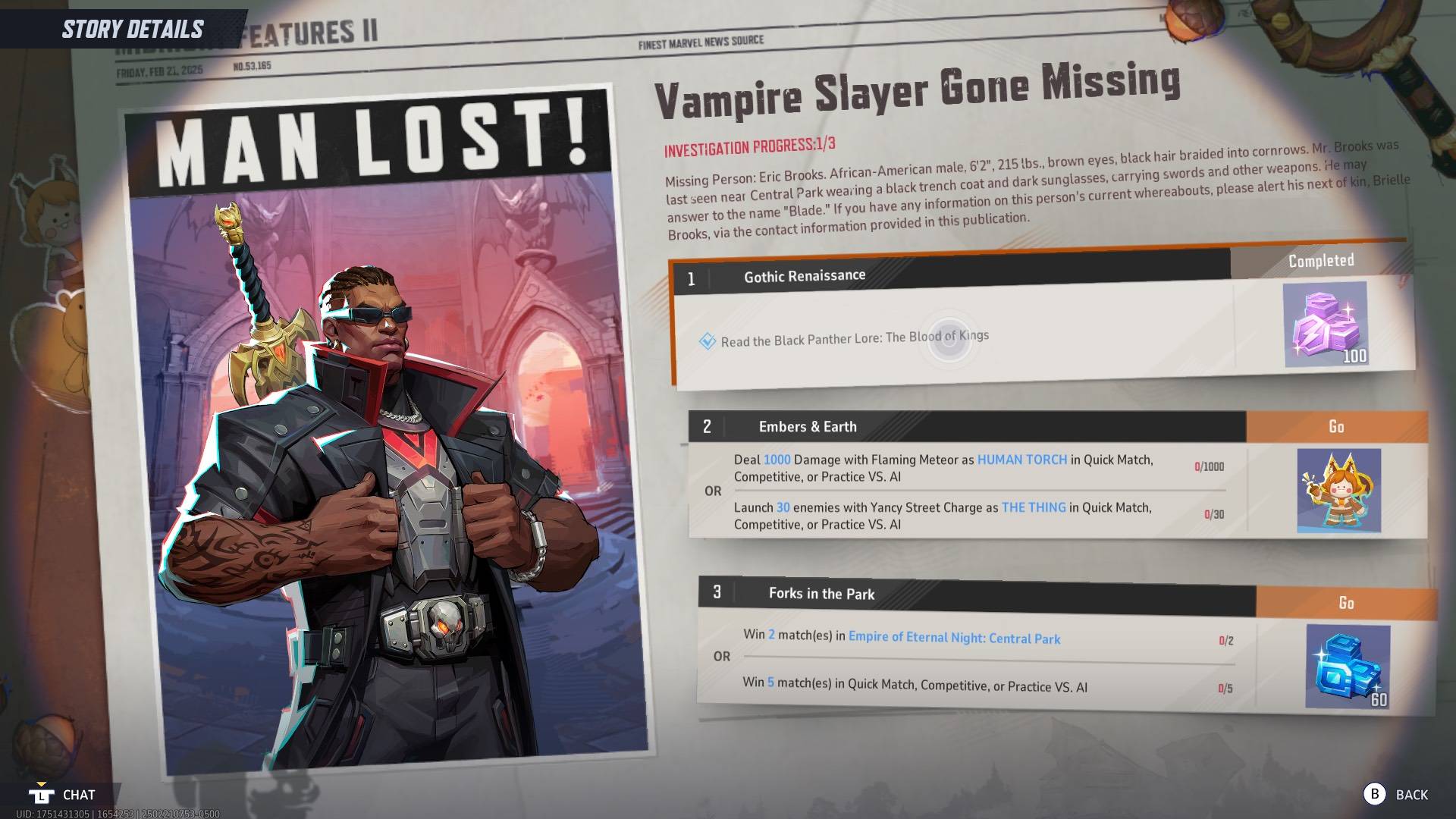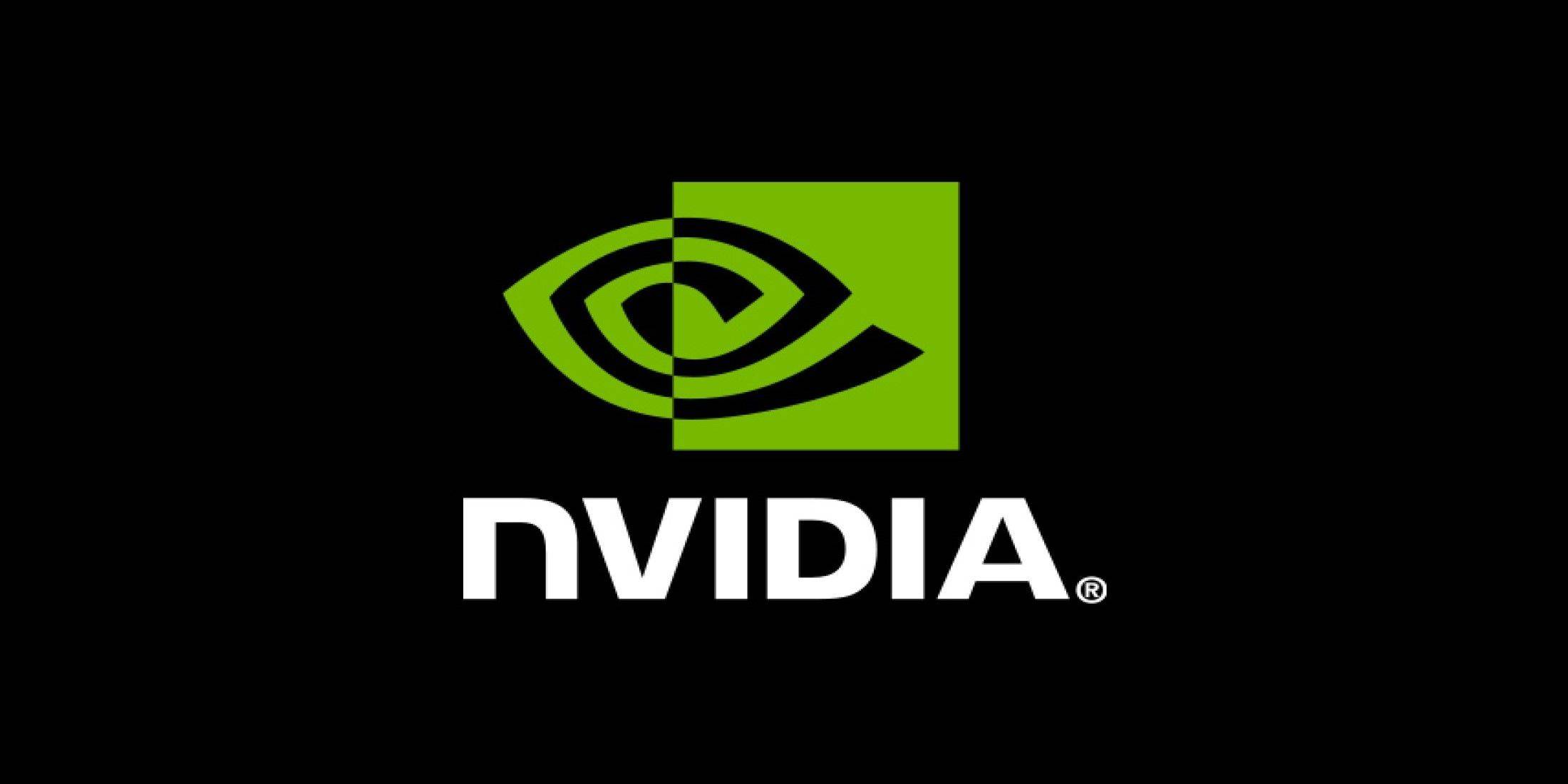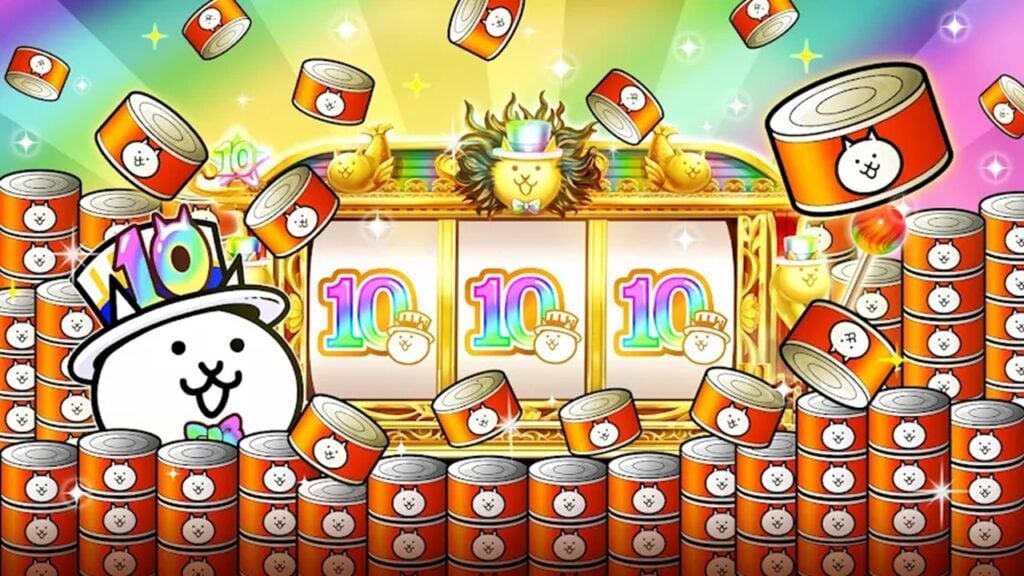Many game developers think the term “AAA” is silly and the industry is inefficient

The "AAA" label in game development is losing its relevance, according to many developers. Initially signifying massive budgets, high quality, and low failure rates, it's now perceived as a marker of profit-driven competition that often sacrifices innovation and quality.
Charles Cecil, co-founder of Revolution Studios, calls the term "silly and meaningless," a relic of a period when increased publisher investment didn't necessarily translate to improved games. He points out that the shift wasn't beneficial.
Ubisoft's Skull and Bones, marketed as a "AAAA" title, serves as a prime example. A decade-long development cycle culminated in a disappointing launch, highlighting the emptiness of such labels.
Major publishers like EA also face criticism for prioritizing mass production over player engagement, a sentiment echoed by both players and developers.
Conversely, indie studios frequently produce games that resonate more deeply than their "AAA" counterparts. Titles like Baldur's Gate 3 and Stardew Valley showcase the triumph of creativity and quality over sheer budget.
The prevailing view is that profit maximization stifles creativity. The fear of risk-taking among developers leads to a stagnation of innovation in large-scale game production. A fundamental shift in approach is needed to recapture player interest and inspire a new generation of game creators.
-
1

Every Pokémon Game on the Nintendo Switch in 2025
Feb 25,2025
-
2

How To Read Black Panther Lore: The Blood of Kings in Marvel Rivals
Mar 01,2025
-
3
![Anime Vanguards Tier List – Best Units For Each Gamemode [UPDATE 3.0]](https://images.gzztb.com/uploads/35/17376012656791b0f12fa1c.jpg)
Anime Vanguards Tier List – Best Units For Each Gamemode [UPDATE 3.0]
Feb 27,2025
-
4

Nvidia RTX 5090 Specs Leak: Rumor Confirmed?
Mar 14,2025
-
5

Hearthstone has kicked off the Year of the Raptor with a myriad of new content
Mar 16,2025
-
6

Ragnarok X: Next Gen - Complete Enchantment Guide
May 25,2025
-
7

Roblox: Trucking Empire Codes (January 2025)
Mar 05,2025
-
8

McLaren Returns to PUBG Mobile Collaboration
Aug 27,2024
-
9

January 15 Is Suddenly a Big Day for Call of Duty: Black Ops 6 Zombies Fans
Feb 20,2025
-
10

Assetto Corsa EVO Release Date and Time
Jan 05,2025
-
Download

DoorDash - Food Delivery
Lifestyle / 59.30M
Update: Apr 23,2025
-
Download

Niramare Quest
Casual / 626.43M
Update: Feb 21,2023
-
Download

The Golden Boy
Casual / 229.00M
Update: Dec 17,2024
-
4
POW
-
5
Gamer Struggles
-
6
Mother's Lesson : Mitsuko
-
7
Poly Pantheon Chapter One V 1.2
-
8
How To Raise A Happy Neet
-
9
Dictator – Rule the World
-
10
Strobe













